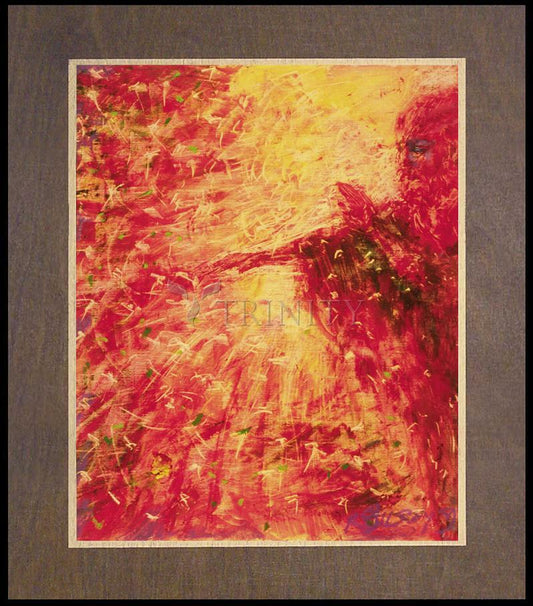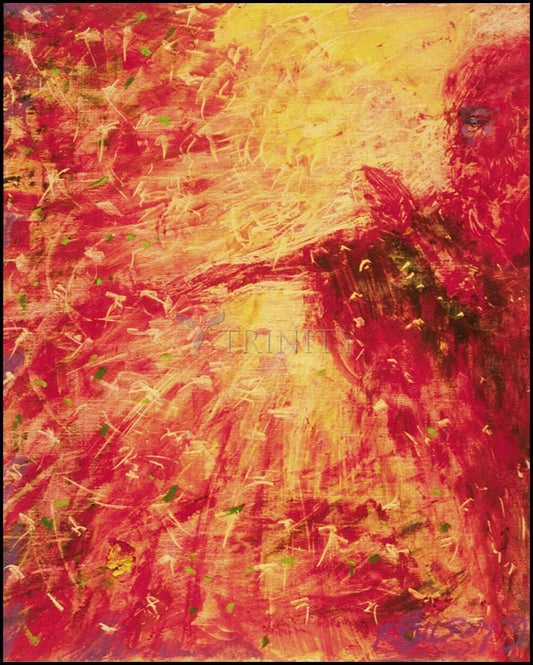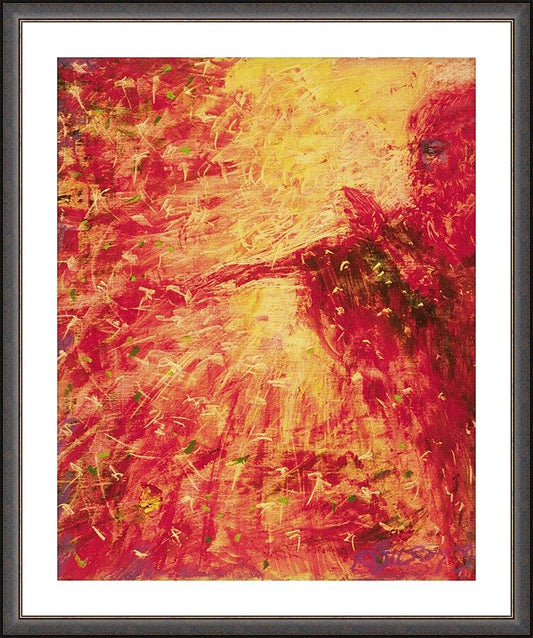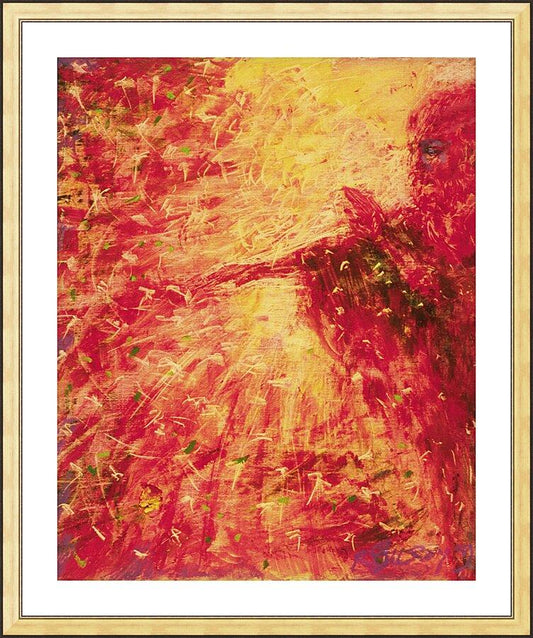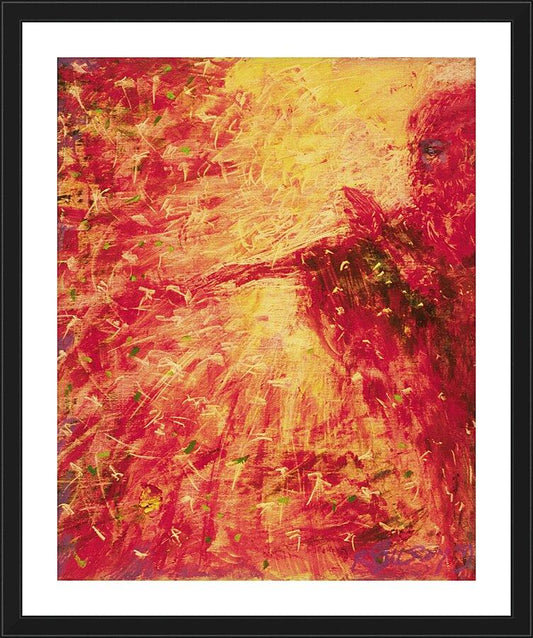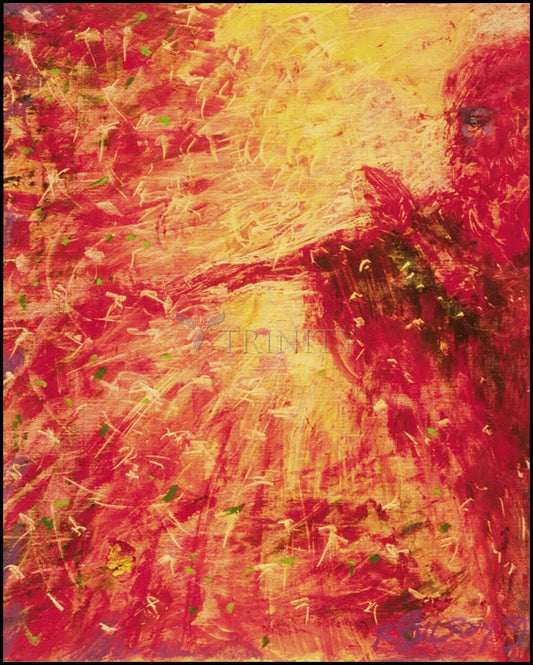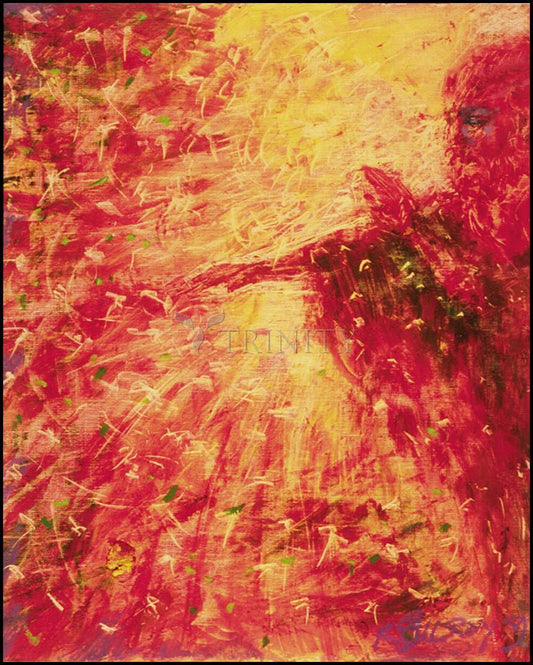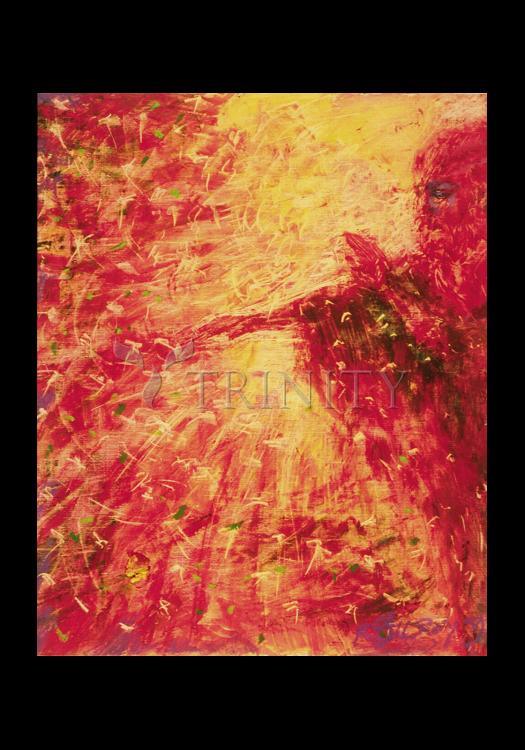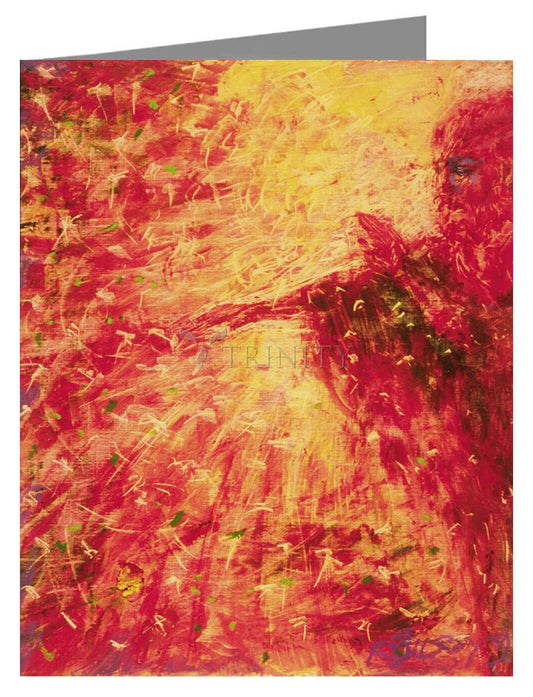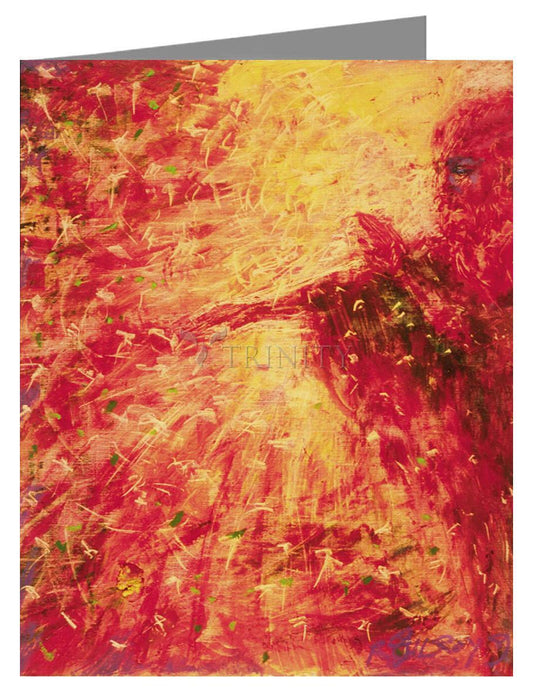Mark 10:46-52 records a standard healing miracle. There is a person in need who comes to Jesus. Jesus acts and the person is healed. We may be jaded enough not to believe in the story, or else so familiar with it that we don't notice what is going on. It is, however, a story that has much to tell us about what it is that theological education should be helping the churches to do.
We should first notice that the man is described as "a blind beggar." That is an interesting juxtaposition. He has a physical ailment -- he wants his sight back -- but he is also a beggar. I wonder about the relation between his blindness and his status as a beggar. Perhaps he was blind and therefore could not get an education and could not work, and so he ended up as a beggar. Perhaps. But there are blind people who do not end up as beggars. Perhaps, because he was a beggar, he never had access to nutritious food or to health care, and so became blind. The cause-and-effect relationship between the man's poverty and his blindness is difficult to determine. It may be enough simply to note that physical ailments often accompany poverty and powerlessness. When one quits caring and hoping for things, one often gives up on physical well-being as well.
The social location of the man looms larger in the narrative than we may at first recognize. For the story does not simply concern the blind beggar and Jesus. There is a third actor: "many of the people." They are a nameless, faceless mass. We might say that they represent public opinion or peer pressure. I do not know what they have to do with the man's blindness, but surely they have something to do with his status as a beggar. It is in relation to them that he is a beggar. They have established the norm which categorizes him as such.
The odd action of "many of the people" draws our attention to them. The text says, "They told him to hold his tongue." They wanted the beggar silenced. The people's effort to silence the blind beggar reflects their wish to keep him a beggar -- dependent and blind. If the man were healed, if he were to shake off his powerlessness, he would begin to demand food and care. Eventually he would enter the job market and perhaps even reclaim the patrimony that he had lost. If he were to do that, it might mean that someone else would lose status. The blind beggar's silence, on the other hand, would ensure that the status quo would be maintained. In a similar way, in every society, powerful institutions -- churches, schools, courts, hospitals -- serve to keep people in their designated slots.
The action in the story is begun by the blind beggar: "He cried out." He turns out to know more and trust more and ask more than the people expected from a blind beggar. First, he addresses Jesus with a christological title: 'Son of David." He knows it is "Messiah time," the time when the blind see and the poor have their debts canceled and beggars become citizens again (cf. Luke 7:22-23) Who would have thought that a blind beggar would know it was this time? Second, he dares to issue an imperative. He asks that the power of the powerful one (Jesus) be given to one who has no claim except the courage to cry out. The blind beggar names and entreats Jesus. The people rebuke him, but he asks again. He will not be dismissed. He gains his voice from his hope and belief that Jesus is the Messiah. He had waited long enough for the promises which God had made even to blind beggars. God now needs to be enjoined to keep those promises.
The people do not want to concede that it is the time for fulfillment. They have an interest in postponing that time, because it would mean sharing power with beggars and being surrounded by more people who speak out and make claims.
The beggar does not speak in vain. Jesus says, "What do you want me to do?" The beggar has been heard. The beggar's response to Jesus is terse and unambiguous: "I want my sight back." I want to be whole. I want access to public life. If I get my eyes, I will quit this begging. I want my dependency to end. I am entitled to more. And I will have it.
Jesus' response is quick and simple. "Go, your faith has cured you." His faith has done it. His faith is an act of hope which refuses to settle for the status quo: "Faith is the assurance of things hoped for, the conviction of things not seen" (Heb. 11:1) This blind man's only resource was things hoped for, things not seen, and such faith gave him sight. Faith is an overt act of self-assertion by which the man knows he is entitled to healing. In asserting his faith, the beggar performs an act of subversion; he violates all the conventions and steps out of his assigned role. Faith is the courage to speak, to announce for oneself a new possibility.
This emphasis on the beggar's act may sound like auto-therapy, as if it is the beggar who heals himself. But, of course, this healing happens only with Jesus as the partner in dialogue. The narrative makes this point in a quite understated way. It is the key presence of Jesus, the name of Jesus, that evokes the hope and that gives the beggar the nerve and the occasion to speak (v. 47). The outcome, in spite of the resistant crowd, is that the beggar receives his sight. Then, we are told, "He followed him." The beggar becomes a disciple, committed to a new life of obedience. This healing does not just allow the man to do his own thing. His new health binds him to his healer.
1. The meaning of this healing narrative can be summarized this way:
The man's illness reflects a powerlessness in society that leads to economic disadvantage and physical liability (the two tending to go together)
2. The community wishes to perpetuate the man's powerlessness by forcing him to be silent.
3. Hope leads the man to speak out, which is an act of social subversion.
4. It is the availability of Jesus as a committed partner in dialogue that permits healing to take place. In that dialogue, there is power to transform life. And the unreported result of that transformation is that the community's life is transformed as well.
We are -- all of us -- blind beggars, with genuine hurts and handicaps. We are -- all of us -- part of the crowd, and we try to silence the groans of others because they are a threat to our position. All of us stammer for speech, and all of us wonder if we have the nerve to voice our hope in the Messiah. All of us imagine that we know what time it is, but we are not sure.
"Excerpts from Theological Education: Healing the Blind Beggar by Walter Brueggemann



